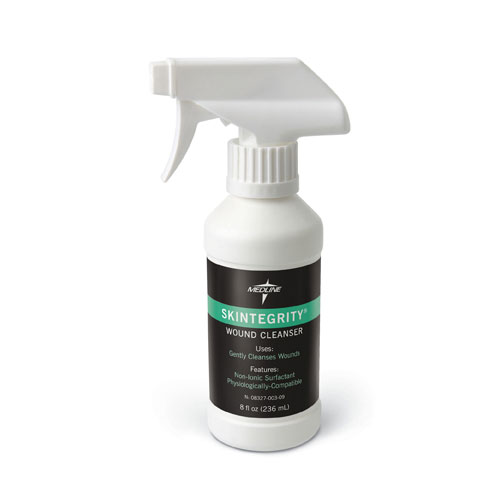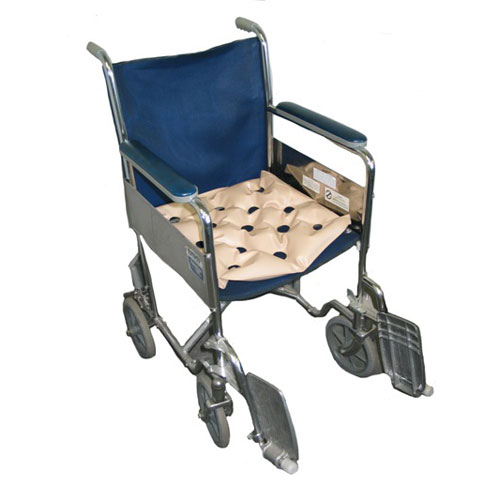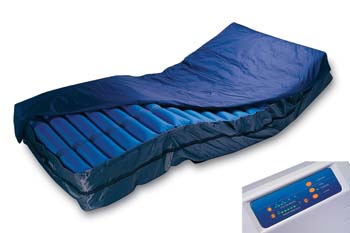Reducing Pressure Ulcers
Published: Jul 26, 2010

Nursing home residents who are unable to re-position themselves while in bed often develop Pressure Ulcers or bed sores. This is an injury to the skin which is caused by constant pressure over a bony area which reduces the blood supply to the area. These residents require special care because pressure ulcers can be painful and the broken skin can also allow infection into the body. If untreated, pressure ulcers can deepen and even expose the bone. Sometimes, pressure ulcers can also lead to death; deeper ulcers are hard to heal or may not heal at all.
Pressure ulcers can also affect the quality of a resident’s life through some of the following health problems:
- Increased risk for infection.
- Increased incontinence.
- Decrease in bowel and bladder function.
- Less participation in activities.
- Inability to move without help.
- Less mental capacity.
- Increased pain.
Special care and proven technique can reduce the risk of pressure ulcers among nursing home residents. Below are some ways caregivers can help reduce pressure ulcers in residents:
- Know about any past or present illnesses that can cause pressure ulcers.
- Frequent change in bed and chair positions of patients who are immobilized.
- Follow nursing home facility’s protocols for pressure ulcer prevention and treatment.
- Remove urine and/or feces from the skin as soon as possible and frequent incontinence care.
- Ensure that the resident has proper intake of water because a well hydrated skin will not break down easily.
- Note and report any redness especially over a bony area and check the resident’s skin each time care is provided.
- Ensure that the resident has nutritious meals and notify the nurse in charge if a resident doesn’t have good eating habits.
- If the resident’s care plan requires a dressing, make sure it is there.
- Increase resident mobility through activities or socialization.
- Pass on your knowledge to other staff.
- Notify the nurse if a resident complains about a pain or if you see signs of pain in a non-communicative resident.
- Offer suggestions to the nurse which you think might work better for a resident.
- Increase your knowledge about pressure ulcers.
A resident’s mattress can also help in preventing or treating a pressure ulcer, see our Alternating Pressure Mattress which fits directly on any healthcare bed frame and is suitable for homecare wound treatment protocol for prevention through stage 4 pressure ulcers.
Shop Decubitus Care Products
-
-
Waffle Cushion
Features a unique low profile design to provide safety and convenience.
-















